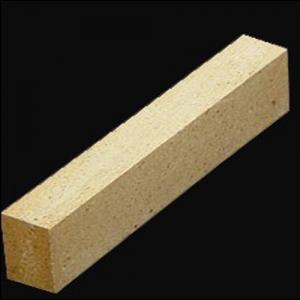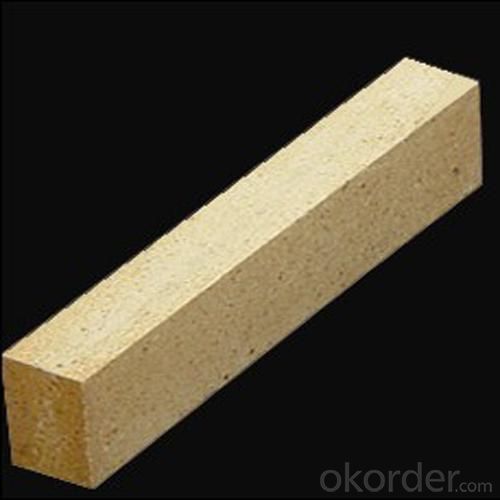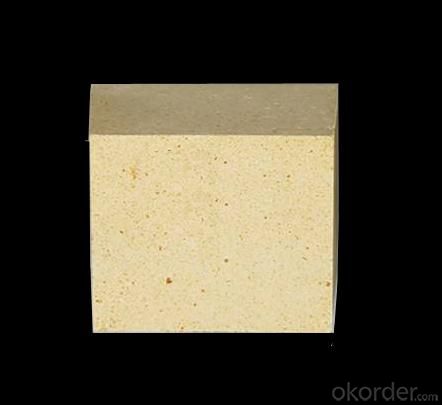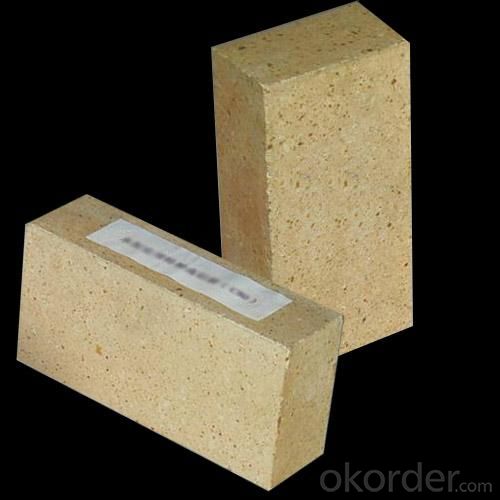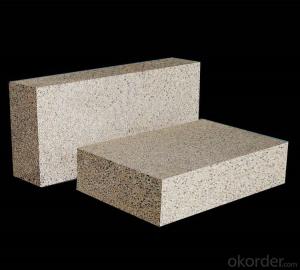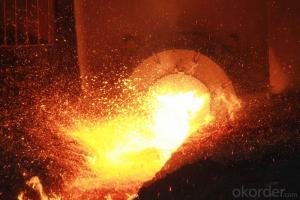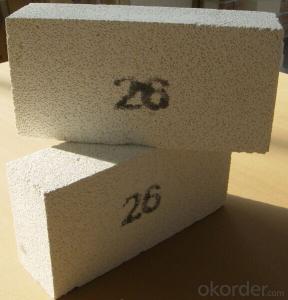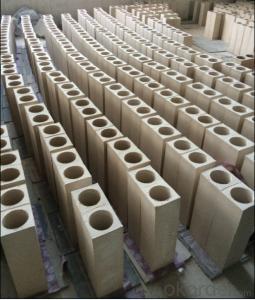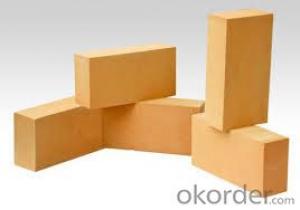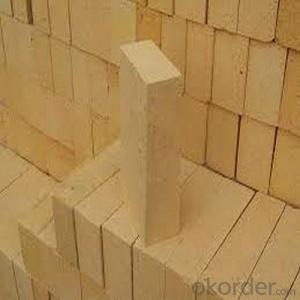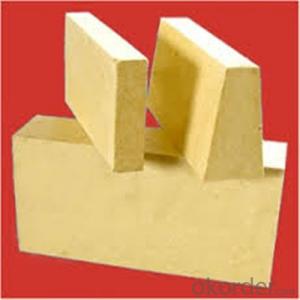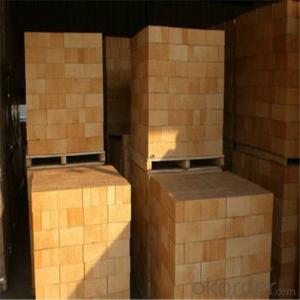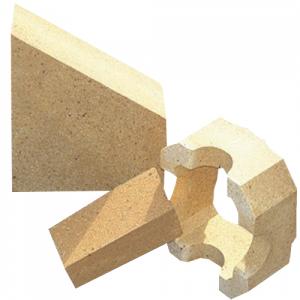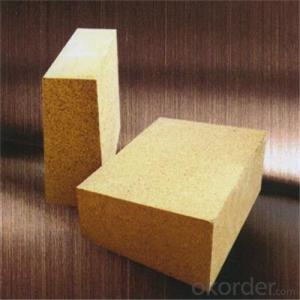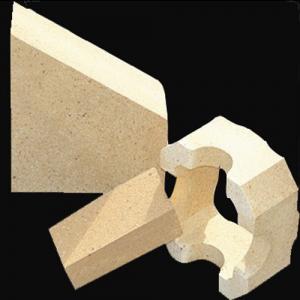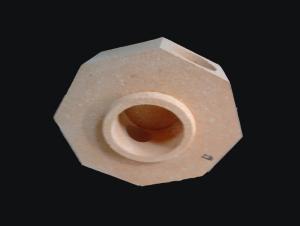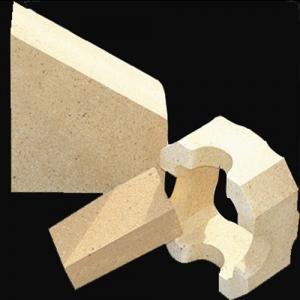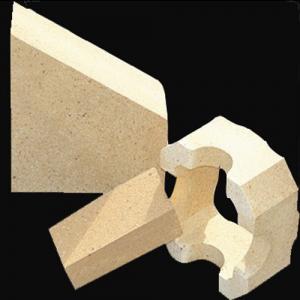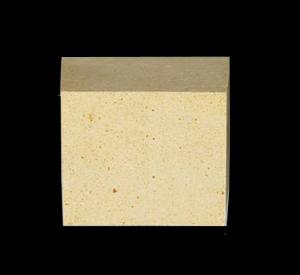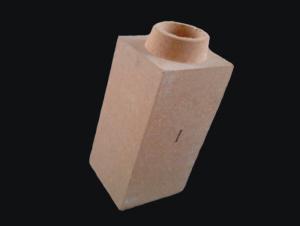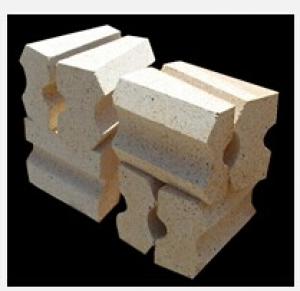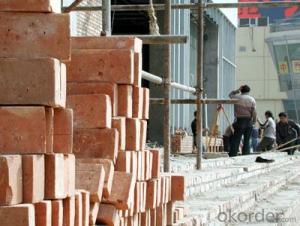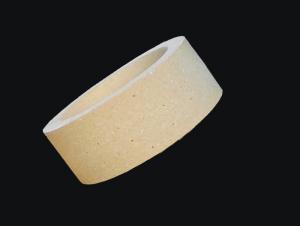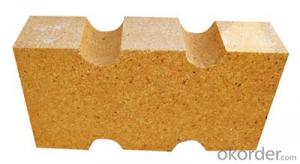Fireclay Brick - Low Porosity SG12
- Loading Port:
- China Main Port
- Payment Terms:
- TT or L/C
- Min Order Qty:
- 5 ton m.t
- Supply Capability:
- 1000 Tons Per Month m.t/month
OKorder Service Pledge
OKorder Financial Service
You Might Also Like
General Information of Low Porosity Fireclay Brick SG12
Our corporation produces a comprehensive range of Low Porosity Fireclay bricks, with 30% to 55% alumina content, all of these bricks exhibit excellent performance.
Our Low Porosity Fireclay bricks are the final result of blending excellent calcined flint clay and calcined bauxite, with cutting-edge technology, adding superfine powder, after mixing, drying, forming, in the high temperature shuttle kiln. We ensure you that the Fireclay Bricks made by us possess high quality standard and have gone through all the complicated quality control parameters. Their durability and strength adds life to the structure and they have the capacity of bearing high temperature.
Technical Data of Low Porosity Fireclay Brick SG12 | ||
Physical Properties: | ||
Refractoriness | ℃ | 1750 |
Permanent Linear Change(1400℃×2h)% | % | -0.1~0.05 |
Apparent Porosity, % | % | ≤12 |
Cold Crushing Strength | Mpa | ≥65 |
Refractoriness Under Load (T0.6) | ℃ | - |
Thermal Expansion at 1000℃, | % | - |
Density | g/cm3 | ≥2.35 |
Chemical Analysis: |
|
|
Al2O3 | % | ≥45 |
Fe2O3 | % | ≤1.2 |
Note: | ||
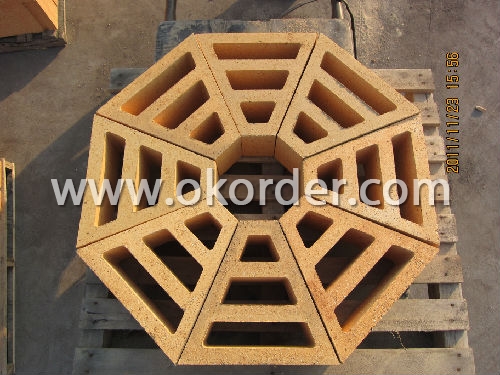
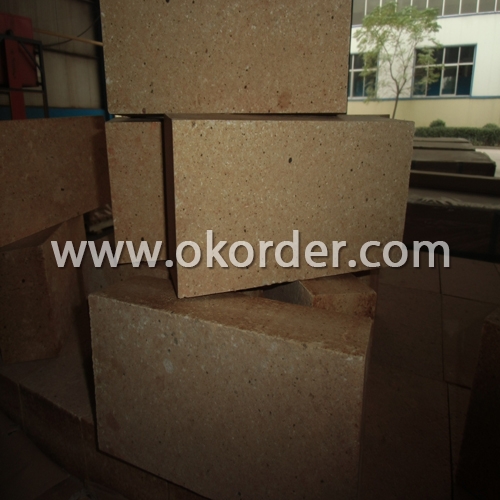
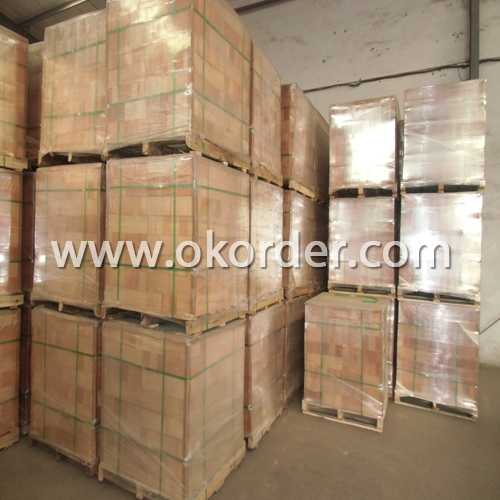
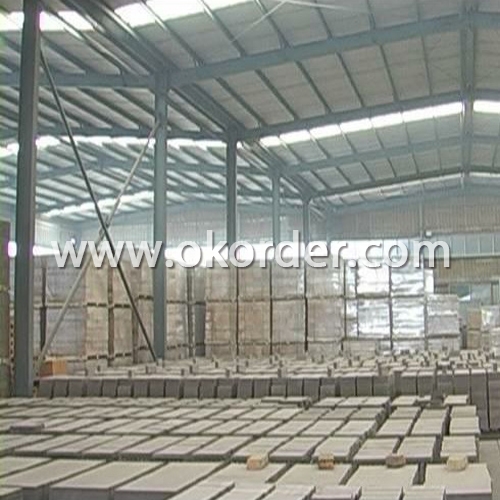
Feature of Low Porosity Fireclay Brick SG12
Resistant to thermal shock, abrasion, chemical attack
High ability for anti-abrasion during work
Low shrinkage degree under high temperature so as to maintaining integrity of the furnace lining
Low apparent porosity, and low Fe2O3 content to reduce the carbon deposit in the blowhole and avoid the bricks broken in case of expansion
Applications of Low Porosity Fireclay Brick SG12
Low Porosity Fireclay Brick SG12 is mainly used in glass furnace.
- Q: is it good to use firebricks to preserve the heat of rto furnace? Is there any other good ideas?
- Operating noise is very low, having a very strong chemical stability: The thermal conductivity is lower than 0 at normal temperature, it not only reduced the cost of the project of RTO furnace, but keeps the indoor heat dissipation heat better and reduce noise pollution. the temperature of RTO furnace surface is low after using the ceramic fiber lining to keep the heat, thereby reducing the addition of auxiliary fuel : ceramic fiber has a good thermal shock resistance: The dosage form of HLGX-589 and HLGX-312 ceramic fiber material is shown in figure RTO furnace thermal insulation material. C, good thermal shock resistance, without reserving expansion joints, ensure the lining intact, not easy to be affected by the harsh combustion atmosphere inside the RTO furnace, can deal with the temperature changes caused by periodic replacement of RTO furnace inlet. The furnace is new energy-saving furnace developped recent 30years that used for eliminating harmful exhaust gas caused by steel or paint spraying. it has long service life, high chemical stability, no heat preservation precedent for refractory bricks; B, good heat insulation effect.
- Q: What kind of material is good to be laid on the kiln car, refractory brick?
- Ceramic fiber blanket
- Q: What types of refractory bricks are divided into?
- middle rank。 A refractory is stronger than B refractory, low rank, the other is refractory, the senior is AB. Shale is hollow, it is not refractory, refractory, advanced, refractory B, there are nonfireproof materials in intermediate and low rank. Three types of refractory A
- Q: What are the main raw materials of refractory brick and runner brick?
- Category of refractory , runner brick mainly is clay brick
- Q: What are the simple ways to distinguish between excessive clay bricks and less fired clay bricks?
- When the production of sintered clay brick, brick baking in an oxidizing environment and a kiln, produce red brick; if the first brick in an oxidizing roasting, and then watering stuffy kiln, the kiln to form reducing atmosphere, makes the three brick red iron oxide is reduced to a high oxygen low iron and preparation so blue. The durability of brick brick than good.
- Q: General used refractory brick T-20 / T-39/ T-206 specifications and dimension
- No T-206 model (we produce the clay) T-20 and T-39 are the size of 230*length, 113* width and 65/45 thickness, T-20 is a vertical arch brick and T-39 is horizontal arch brick.
- Q: which kind of refractory bricks do coke oven and oxtongue brick belong to ( ) A, silica?brick B, clay brick C, high alumina brick
- General use clay bricks, but the silica?brick is better, the price is expensive.
- Q: What can be applied to the burned refractory brick to resist heat shock?
- Acidic refractory material use monox as the main component, among which cilica brick and clay brick are commonly used. Silica brick is silicious product containing monox more than 93%, whose raw materials include silica, waste silica brick scrap and etc. The acid resistance of slag erosion ability is good, and the softening temperature under a fixed load is high. The volume won't shrink after repeated burning, but even a slight expand; but it is vulnerable to the erosion of basic slag, and has low thermal shock resistance. The silica brick is mainly used for coke oven, glass melting furnace, acid hearth furnace and other thermal equipments. Clay brick uses refractory clay as the main raw material, containing 30% to 46% of aluminuum oxide, belong to weakly acidic refractories. It has good heat shock resistance and corrosion stability to acid slag, and it's widely used. Neutral refractory materials use aluminum oxides, chromium hemitrioxides or carbons as the main components. Corundum products containing more than 95% of alumina is a kind of high quality refractory material with wide application.
- Q: What is the perservation method for refractory bricks used for cement kiln?
- The place should be dry and ventilated. Remember that the packaging can't be damaged. If is not used for a long time, put desiccant next to the bricks. Then have thermoplastic packaging again, it won't get damp. Under normal circumstances, it can be stored for 3-5 years and won't be hairy
- Q: The application of wasted refractory bricks
- break it and refine copper, its grade is higher than the ore
Send your message to us
Fireclay Brick - Low Porosity SG12
- Loading Port:
- China Main Port
- Payment Terms:
- TT or L/C
- Min Order Qty:
- 5 ton m.t
- Supply Capability:
- 1000 Tons Per Month m.t/month
OKorder Service Pledge
OKorder Financial Service
Similar products
Hot products
Hot Searches
Related keywords
